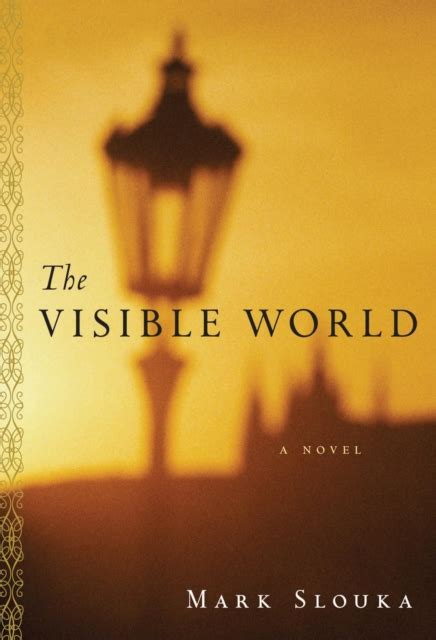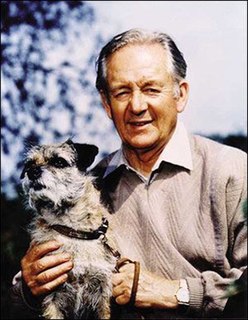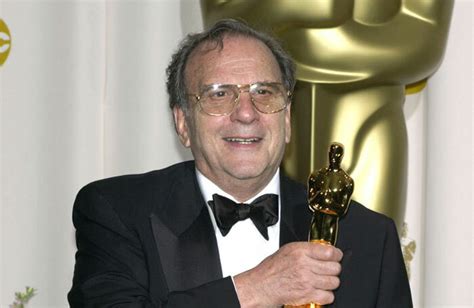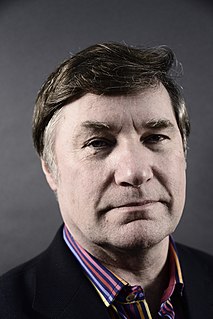A Quote by Mark Slouka
History resists an ending as surely as nature abhors a vacuum; the narrative of our days is a run-on sentence, every full stop a comma in embryo. But more: like thought, like water, history is fluid, unpredictable, dangerous. It leaps and surges and doubles back, cuts unpredictable channels, surfaces suddenly in places no one would expect.
Related Quotes
Every ending is arbitrary, because the end is where you write The end. A period, a dot of punctuation, a point of stasis. A pinprick in the paper: you could put your eye to it and see through, to the other side, to the beginning of something else. Or, as Tony says to her students, Time is not a solid, like wood, but a fluid, like water or the wind. It doesn't come neatly cut into even-sized length, into decades and centuries. Nevertheless, for our purposes we have to pretend it does. The end of any history is a lie in which we all agree to conspire.
I haven't seen any claim that Piraha lacks recursion, that is, that there are a finite number of sentences or sentence frames. If that's so, it would mean that the speakers of this language aren't making use of a capacity that they surely have, a normal situation; plenty of people throughout history would drown if they fall into water.





































